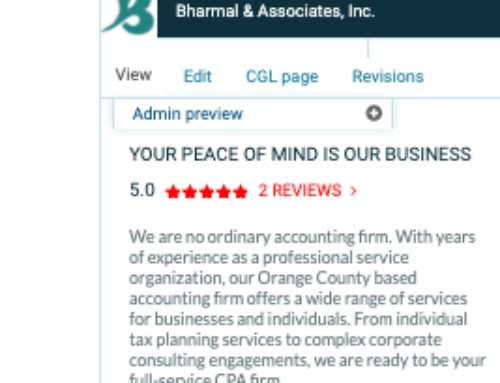If you own a condominium, cottage, cabin, lake or beach home, ski lodge, or similar property that you rent for an “average” rental period of seven days or less for the year, you have a property with unique tax attributes.
Seven days example. Say you have a beach home and you rent it 15 times during the year, for a total of 85 days. Your average rental is 5.7 days. That’s an average of seven days or less for the year.
The right type of beach home or vacation cottage can produce great tax results when the average rental period is seven days or less.
But it’s tricky because when the average rental period is seven days or less, the property is not a rental property as defined by the tax code. Instead, the property is
• a commercial hotel type property that you report on Schedule C of your tax return if you provide services in connection with the rentals, or
• a weird in-limbo property that you report on Schedule E when you don’t provide services.
If the property shows a loss, you can deduct that loss on either Schedule C or Schedule E if you can prove that you materially participate. With the seven-days-or-less-average rental, you likely have only two ways to materially participate:
1. The combined participation by you and your spouse constitutes substantially all the participation in the seven-days-or-less-average rental activity when you consider all the individuals who participated (including contractors).
2. The combined hours of participation by you and your spouse in the seven-days-or-less-average rental activity are (a) more than 100 hours and (b) more hours than the participation of any other individual.
Example. Your seven-days-or-less beach rental produces a $20,000 tax loss for the year. On this rental, you spend 65 hours during the year. No other person works on the rental. You materially participate in this rental, and the $20,000 is deductible—period (regardless of its location on Schedule C or E).
If you have a profit on the rental, you likely have a Section 199A deduction when you report the rental on Schedule C as a business. Although not deemed a business by Schedule E reporting, the Schedule E rental could rise to the level of a business as defined for the Section 199A deduction.





